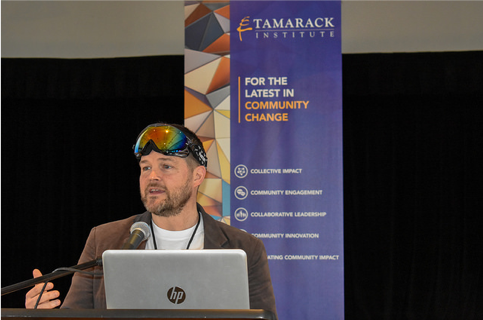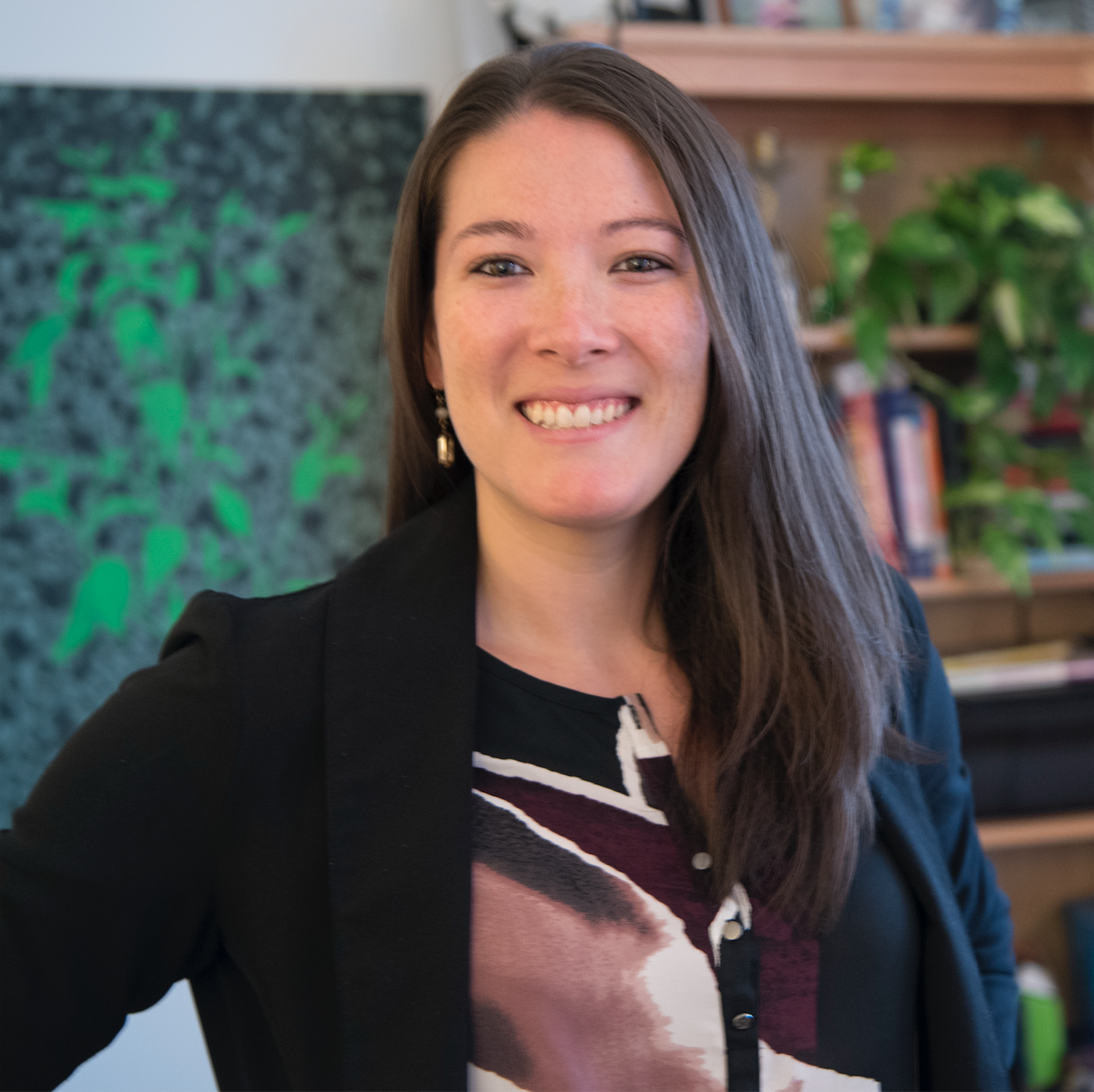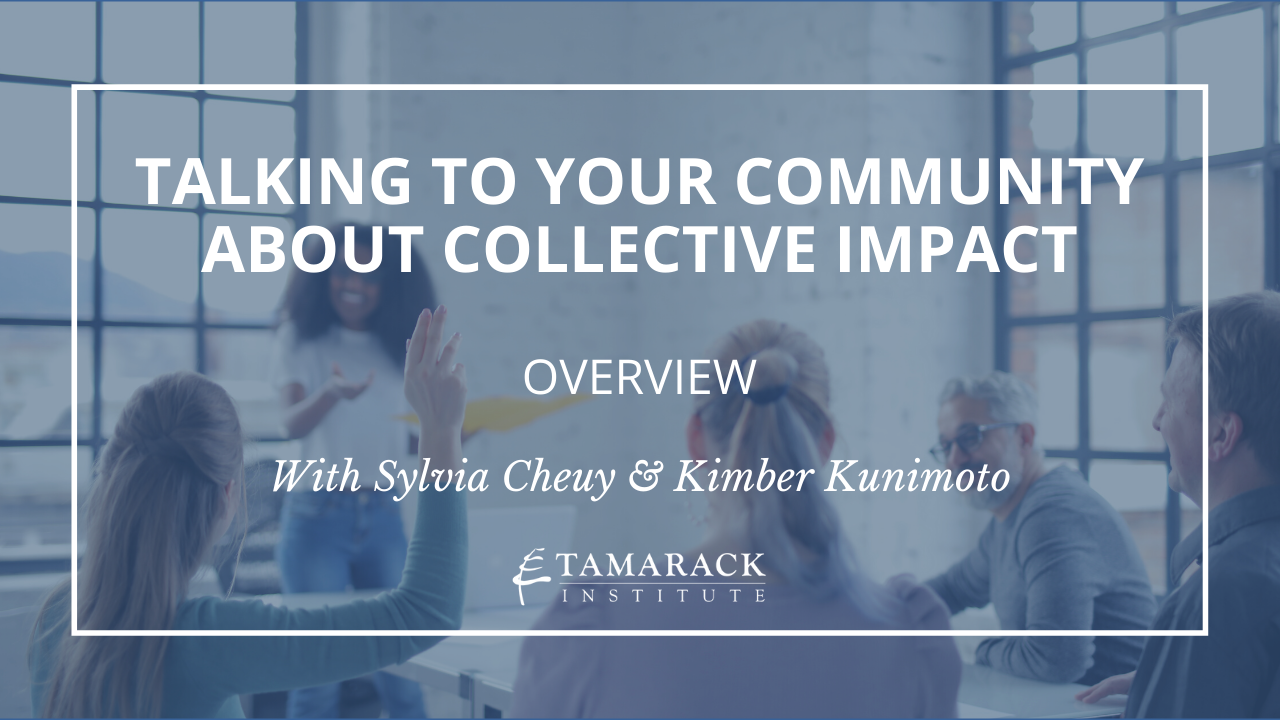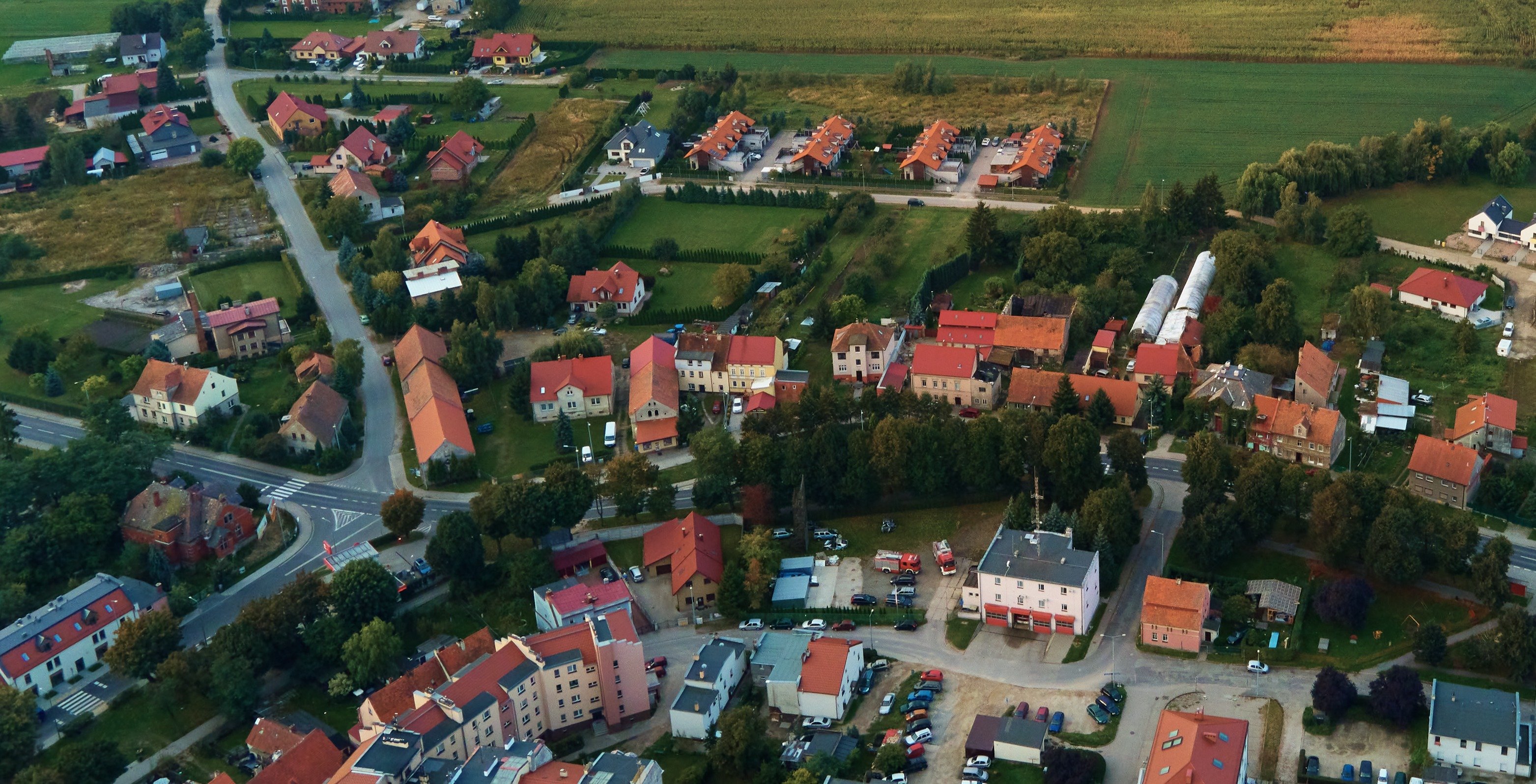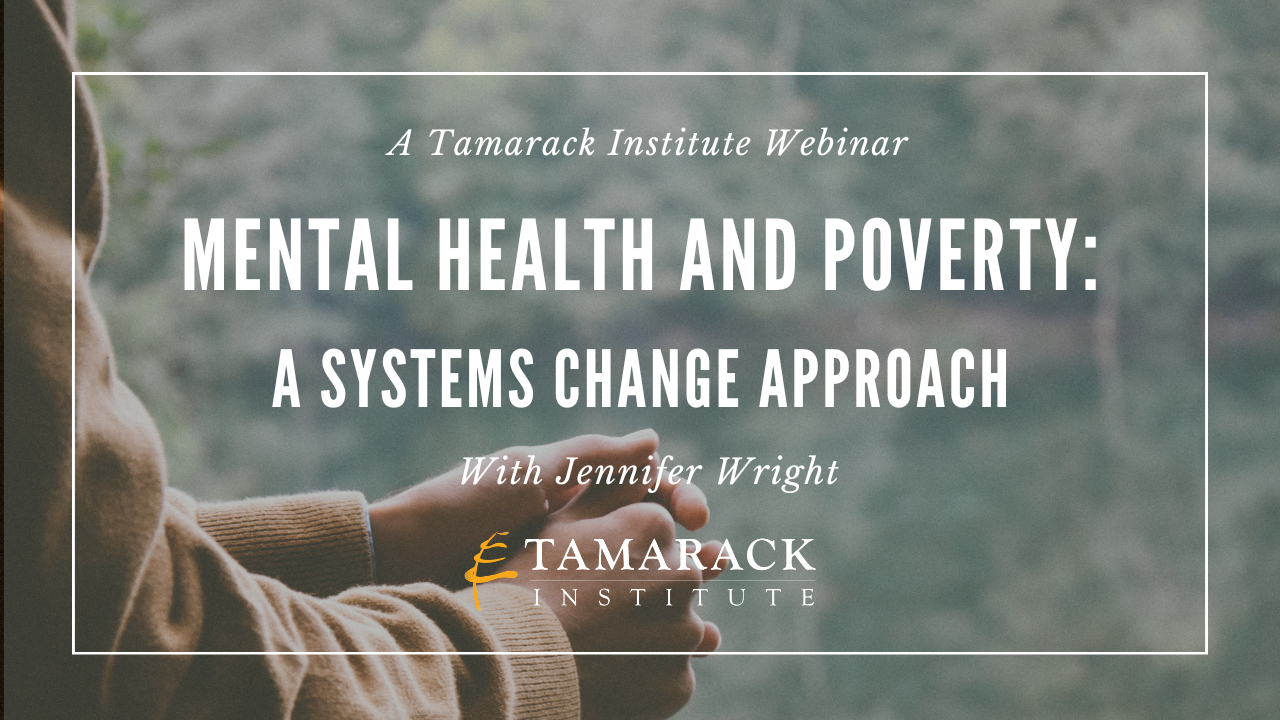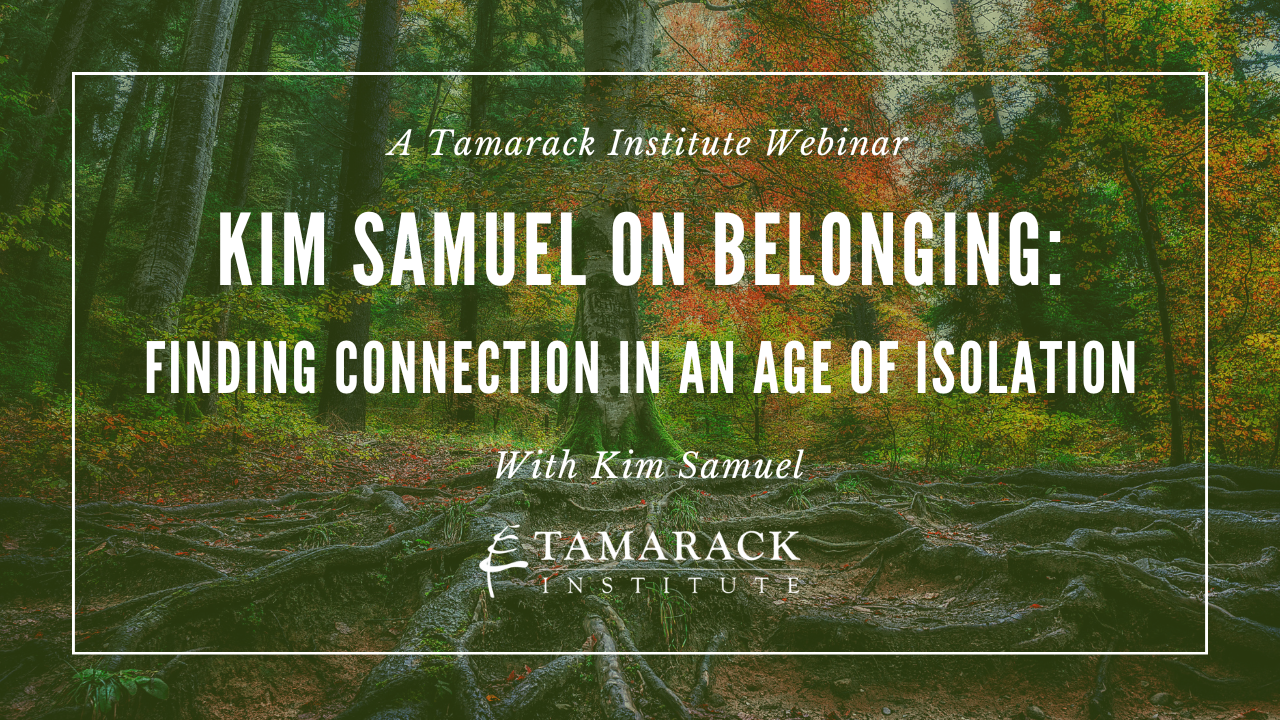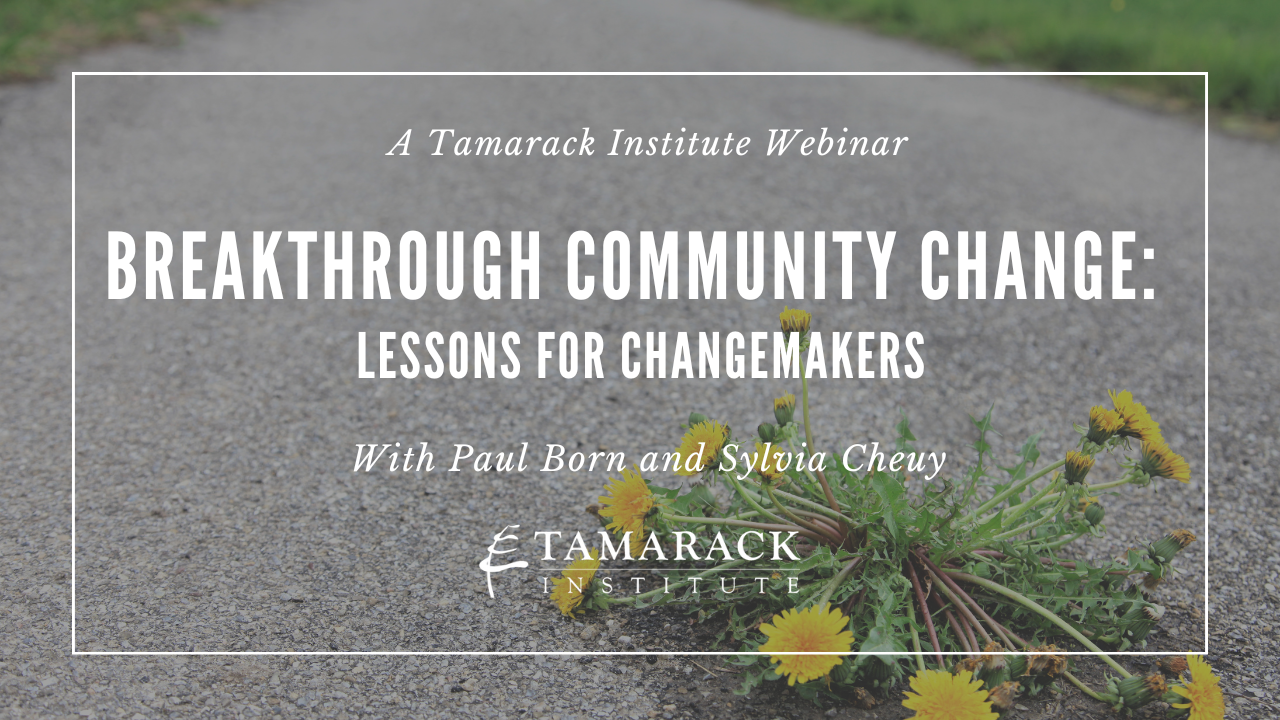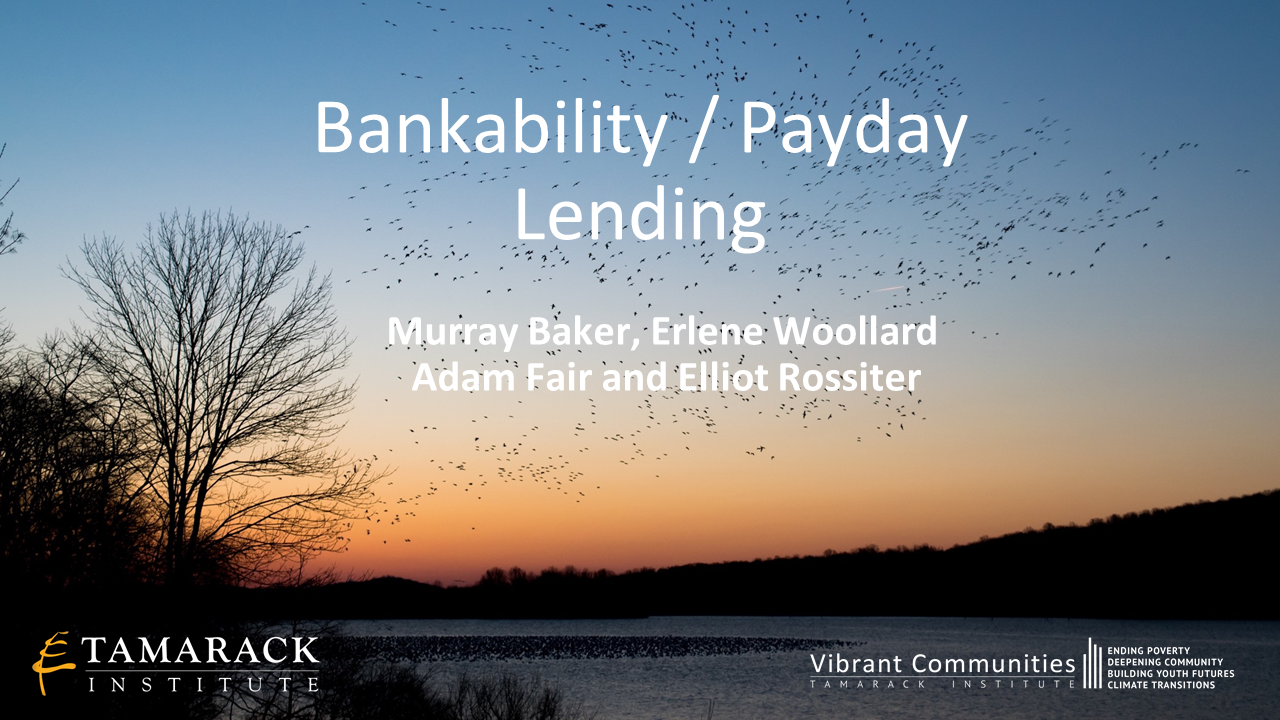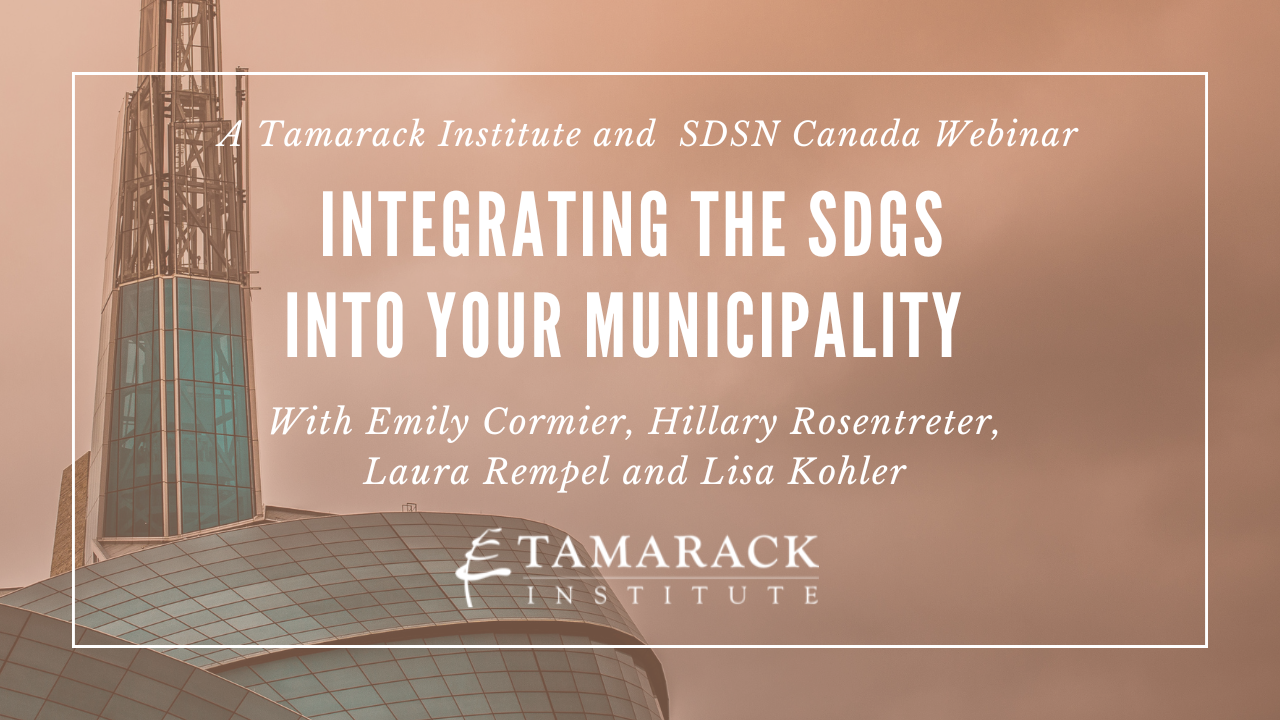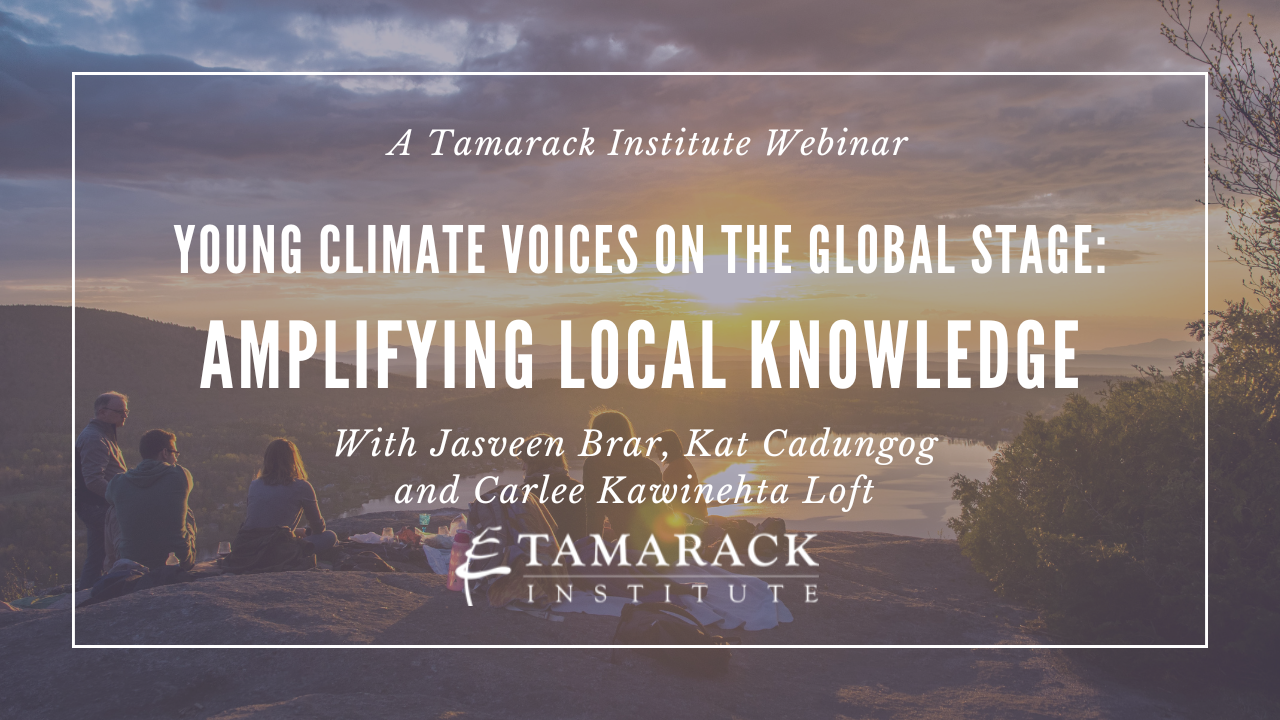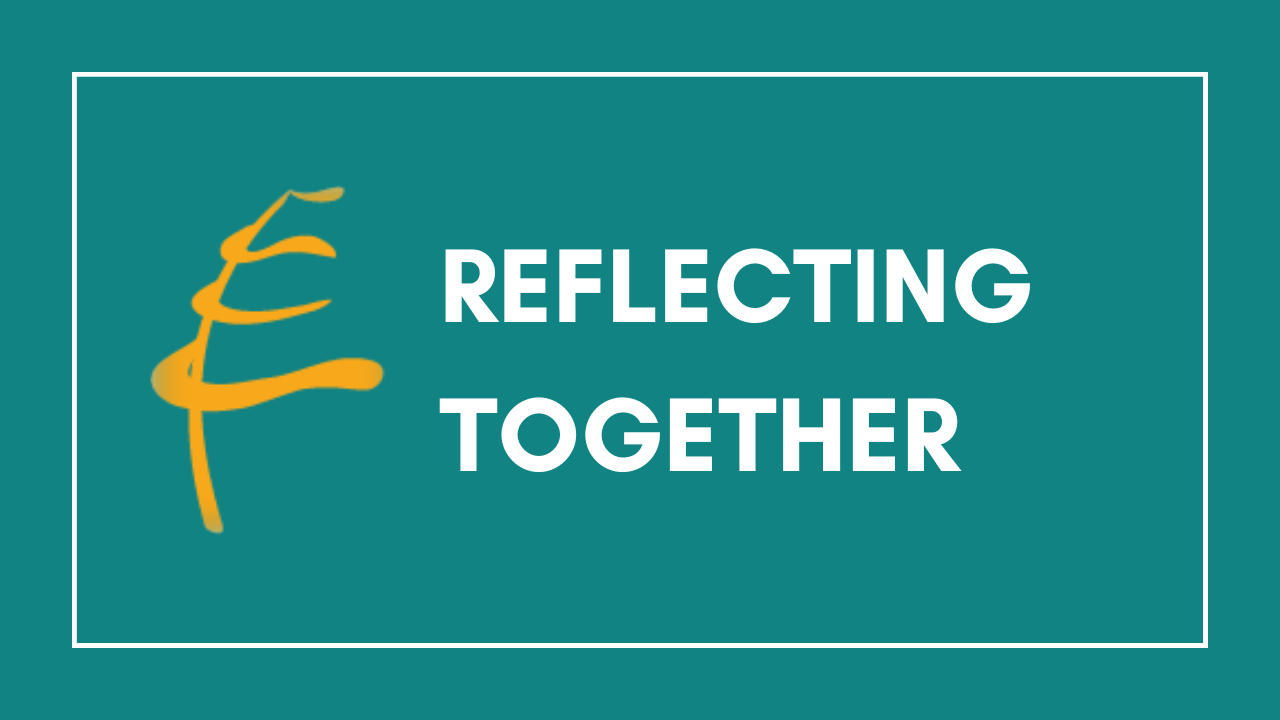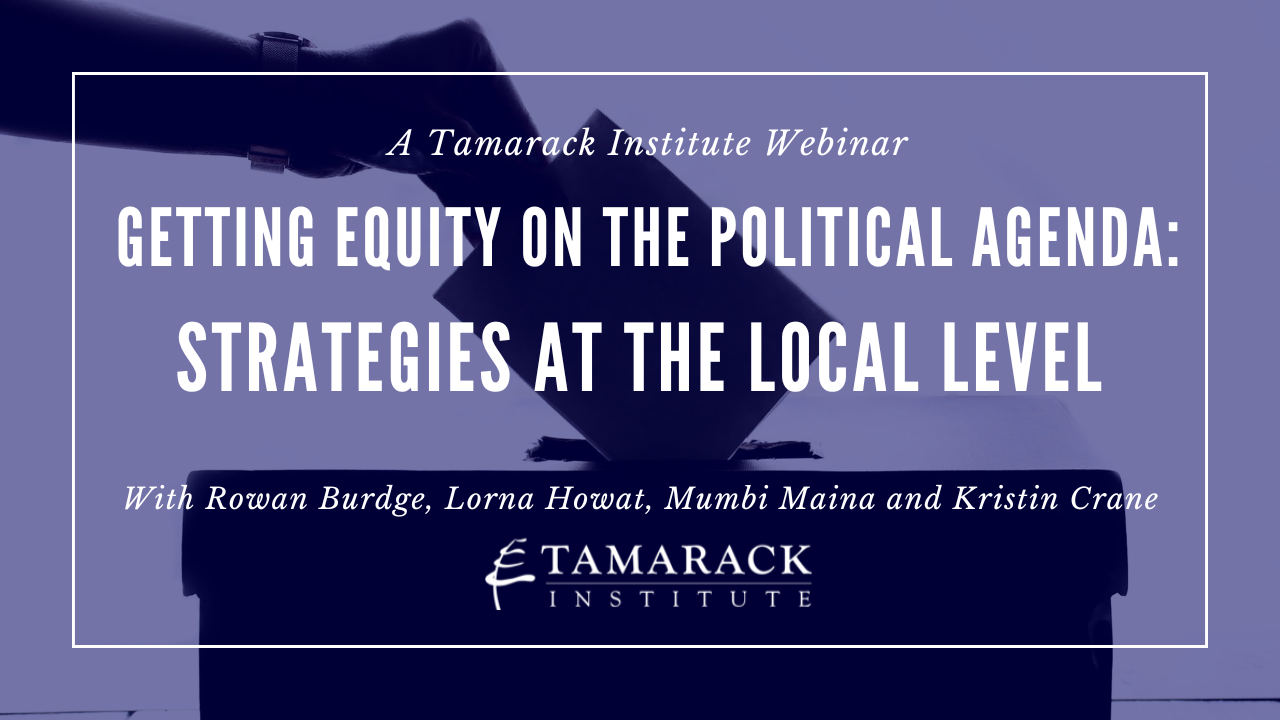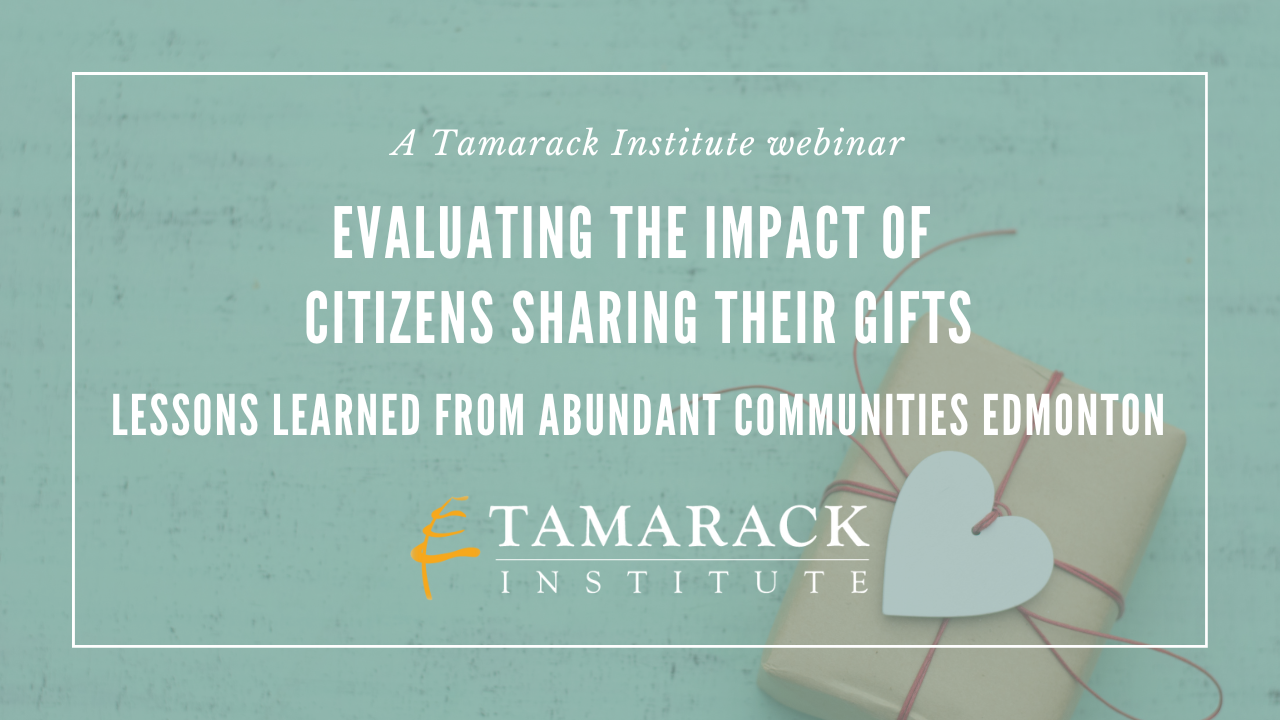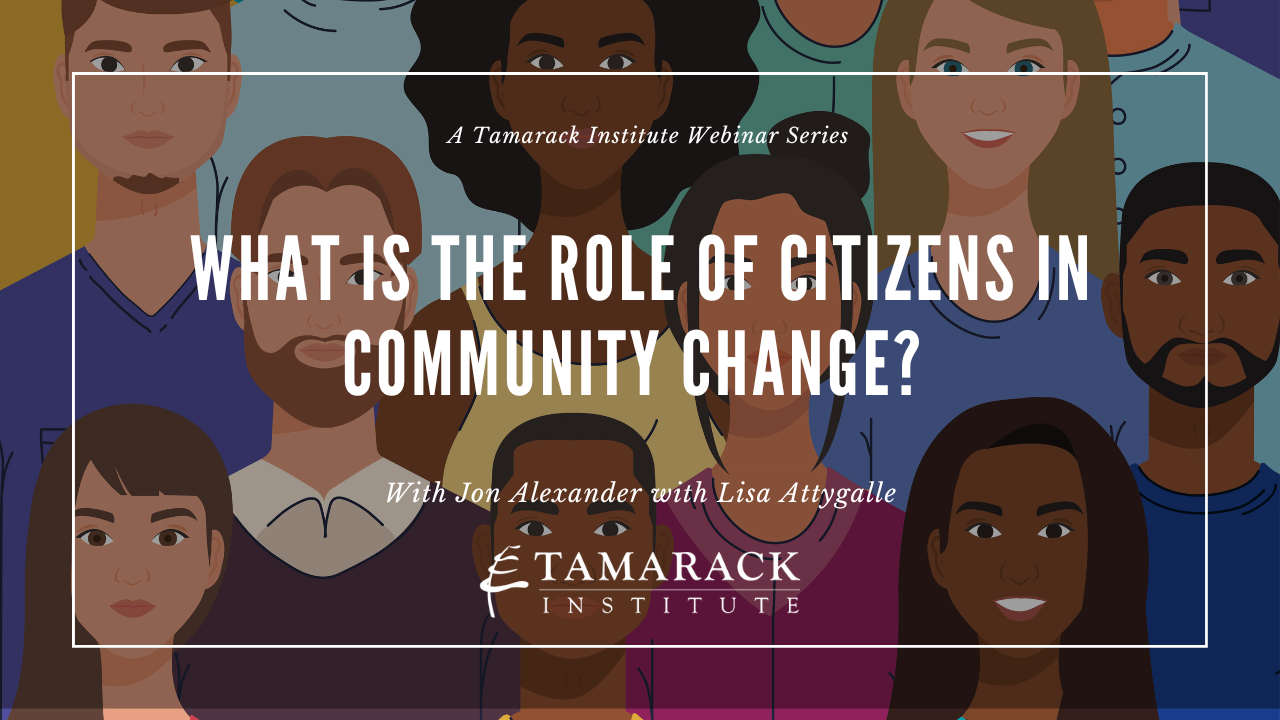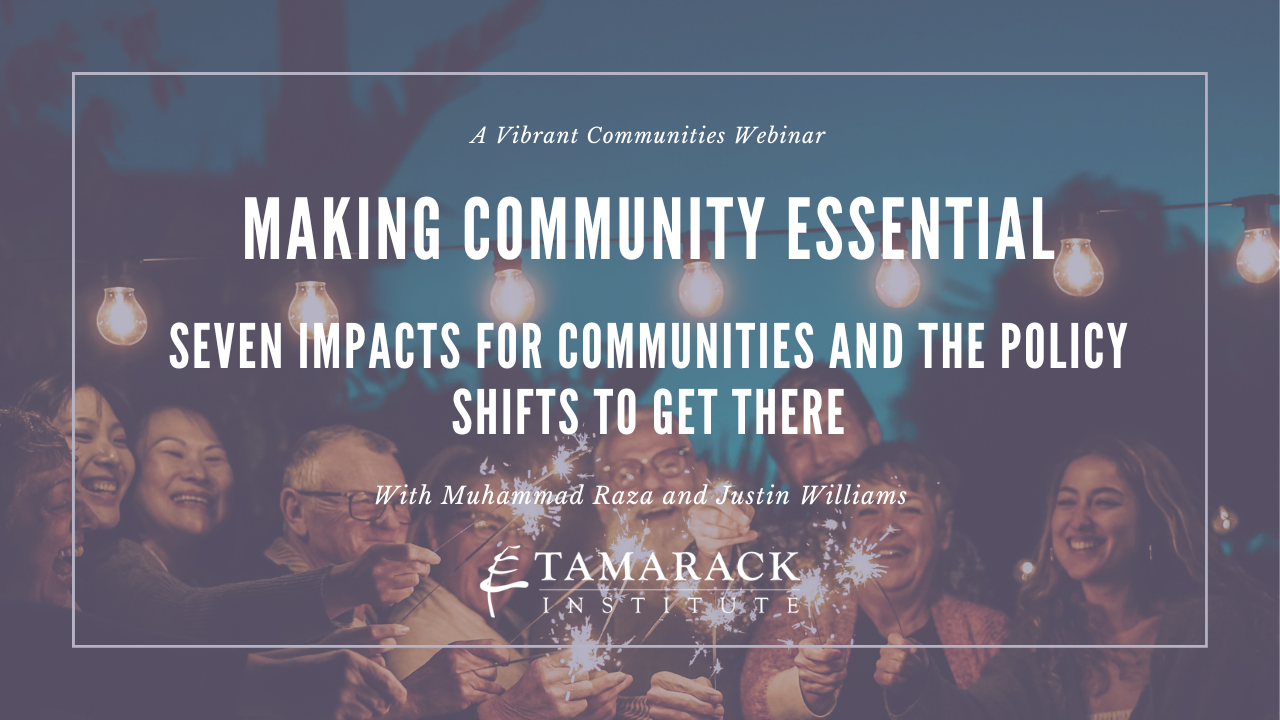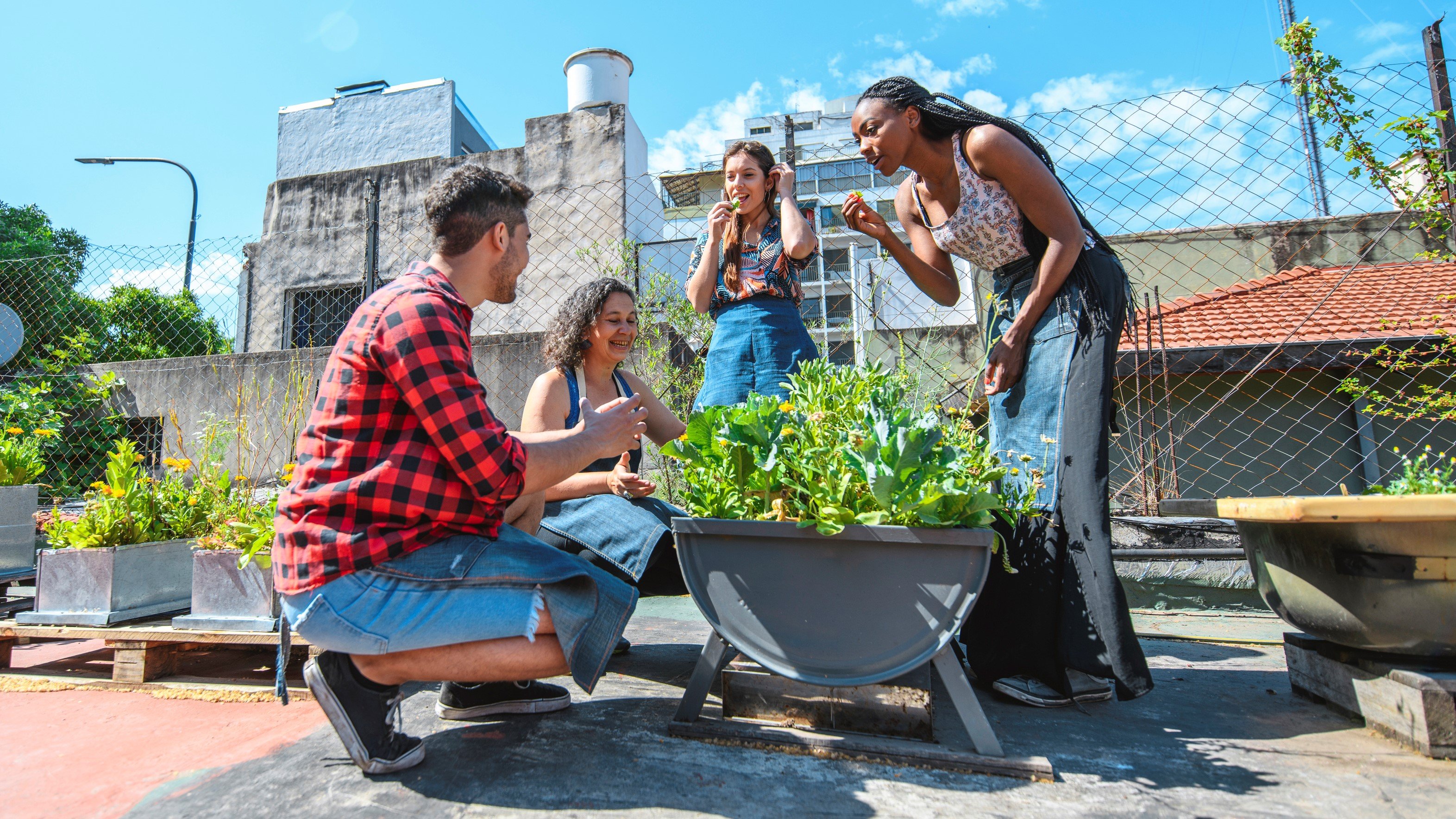Last April, Tamarack Institute’s Vibrant Communities hosted the first Asset-Based Community Development (ABCD) Canada learning event. The workshop brought together world-renowned ABCD trainers and 200 practitioners and residents working with or looking to apply an ABCD approach in their initiatives. Together, we learned that in order to create sustainable positive change, we must shift away from working to and for communities, towards doing more with and by communities – in a way that is not supportive or directive, but enables communities to help themselves; we learned about how communities throughout Canada, the USA and internationally are doing this work; were inspired by new connections between health and local associations; and learned about the simplicity and powerfulness of tools such as asset mapping.
Amongst the many highlights of our three days together were the six communities who shared their ABCD in-action story with the large group. They were short, inspiring 7-minute narratives describing how their collaboratives have been applying the guiding principles of ABCD to work alongside communities for social change.
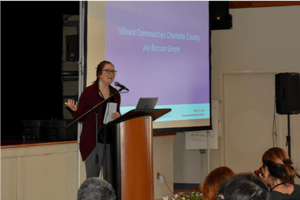
The Government of New Brunswick’s Scott MacAfee and Vibrant Communities Charlotte County’s Joy Benson Green were two of the presenters, related the ABCD approach to their work in poverty reduction at a policy and systems-level and in a local coordination context, respectively.
The Government of New Brunswick, through the Economic and Social Inclusion Corporation (ESIC), holds the legal obligation to reduce income poverty by 25% and deep poverty by 50%, as well as to make significant progress in sustained economic and social inclusion.
To accomplish this, during the strategy’s consultation phase, the community made clear that the initiative must be based in community capacity building and must be driven by everyone – all four sectors must work together in order to overcome poverty.
Adopting local ownership of the strategy, 12 regions (Community Inclusion Networks [CINs]) were identified to define aligned priorities, implement activities, and measure poverty reduction progress in their area. Joy, speaking to the collaborative work in Charlotte County as 1 of the 12 CINs, provided us with a compelling account of unique ideas and assets they are building on in two of their communities. St. Stephen is growing their local economy by fostering more entrepreneurship and support for local businesses through a free Business Bootcamp mentorship program; and Milltown is improving grade school literacy and numeracy outcomes through fun summer camp activities and are moving to a holistic education model that incorporates parents and the entire community in a child’s education.
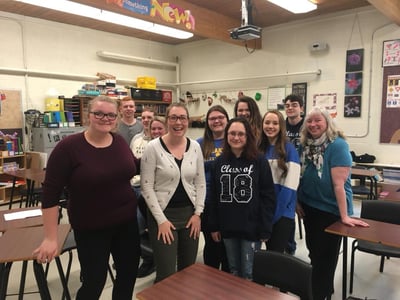
You can now read about New Brunswick’s ABCD story in rich detail. Their case study highlights how the province was intentional at each step about employing an asset-based approach rather than the more predominant deficit model to the poverty reduction initiative. It explains their process, vision, and breaks down the eight ABCD touchstones that helped them work with and by communities as they put their strategy into action.
You will also learn about how ABCD has been a particularly fitting approach in Charlotte County’s rural context; how Vibrant Communities Charlotte County has positioned themselves to take the community’s lead; read amazing stories of impact – fostering volunteerism and inclusion, increasing literacy rates through fun activities and developing a whole-systems approach to education; as well as notable challenges and lessons for ABCD practitioners.
Download Case Study.
Take Your Learning Further

